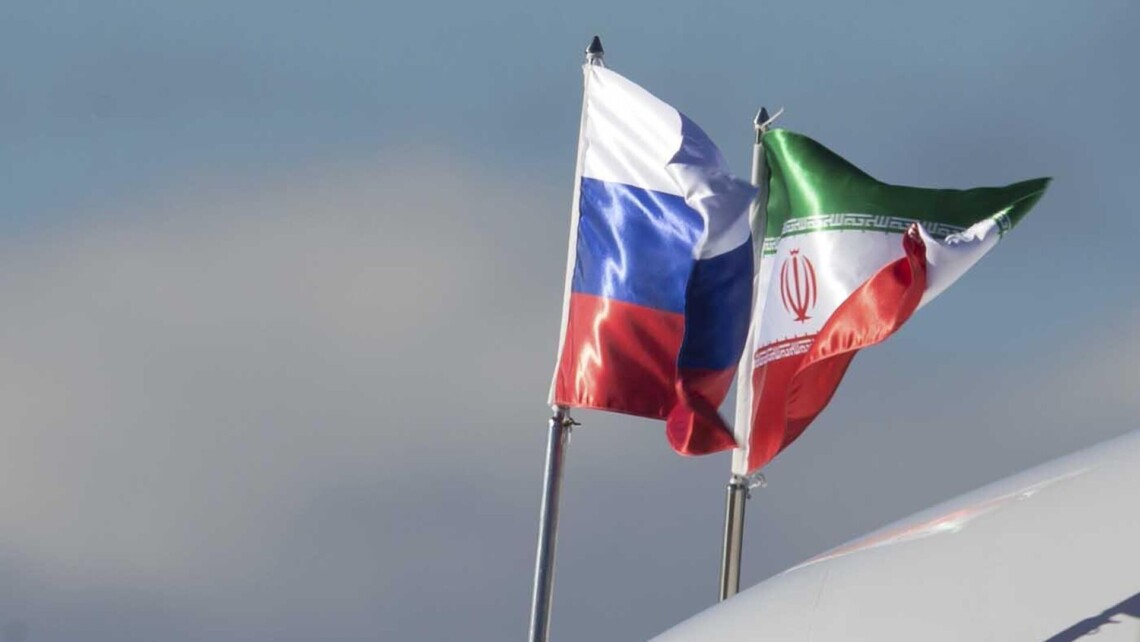
On January 17, Iranian President Masoud Pezeshkian is to arrive in Moscow to sign a comprehensive strategic partnership agreement with Russia.
The Moscow Times reported on this.
Both countries’ representatives are expected to discuss the prospects for further expansion of bilateral cooperation, particularly in trade and investment, transport and logistics, and humanitarian spheres.
In addition, Moscow and Tehran plan to negotiate on regional and international issues.

It is reported that on the eve of this meeting, an adviser to the Iranian supreme leader repeatedly paid secret visits to Russia. He could have asked for help in implementing the nuclear program, according to the MT.
It’s also mentioned that Iran has recently suffered greatly from Israel’s actions and the overthrow of the Bashar al-Assad regime in Syria.
Ali Larijani, a senior adviser to Iran’s Supreme Leader Ayatollah Ali Khamenei, has flown to Russia several times to meet with high-ranking officials in an effort to secure assistance in implementing its nuclear program and strengthening its air defense, according to the article.

Tehran is counting on increased cooperation in the nuclear sphere, where Russia has so far only helped to ensure the operation of nuclear power plants, sources in Western intelligence services told the newspaper.
“As their strategic relationship deepens and Russia becomes dependent on Iranian missiles and drones, there are concerns that Moscow is ready to cross its previously established red lines on Iran’s nuclear program,” a Western intelligence official told the MT.
William Alberque, a fellow at the Henry W. Stimson Center in Washington and former NATO director of nuclear nonproliferation, told the MT that Moscow, like other nuclear powers, has so far not wanted Iran to acquire nuclear weapons.
“But maybe Russia decided, around the time Iran started sending thousands of drones for use in Ukraine, that nuclear proliferation was not such a big deal,” he said.
While Iran doesn’t need help building a bomb, it “certainly benefits from covert cooperation with Russia,” Alberque said.

According to him, Iranian experts can perceive a lot even during short visits to Russian nuclear facilities.
“You could send a couple of Iranian scientists to Arzamas, Penza, any of the Russian nuclear facilities, and they could learn a lot in 24 hours. A long weekend of work would give the Iranians a lot of ideas… Iran can learn how to build a more complex bomb of a smaller size. Maybe a megaton bomb. Or a nuclear device that can fit into an artillery shell,” he says.
In addition to supplying Russia with kamikaze drones and possibly ballistic missiles, the two countries are cooperating in the field of high technology.
In early November, it was reported that Russia had launched two Iranian national satellites, Kousar and Khodkhod, into orbit.
The first satellite is intended for mapping, and the other for communication.
Iran is also interested in acquiring modern Russian air defense and aviation equipment.
Підтримати нас можна через:
Приват: 5169 3351 0164 7408
PayPal - paypal@mil.in.ua
Стати нашим патроном за лінком ⬇
Subscribe to our newsletter
or on ours Telegram
Thank you!!
You are subscribed to our newsletter